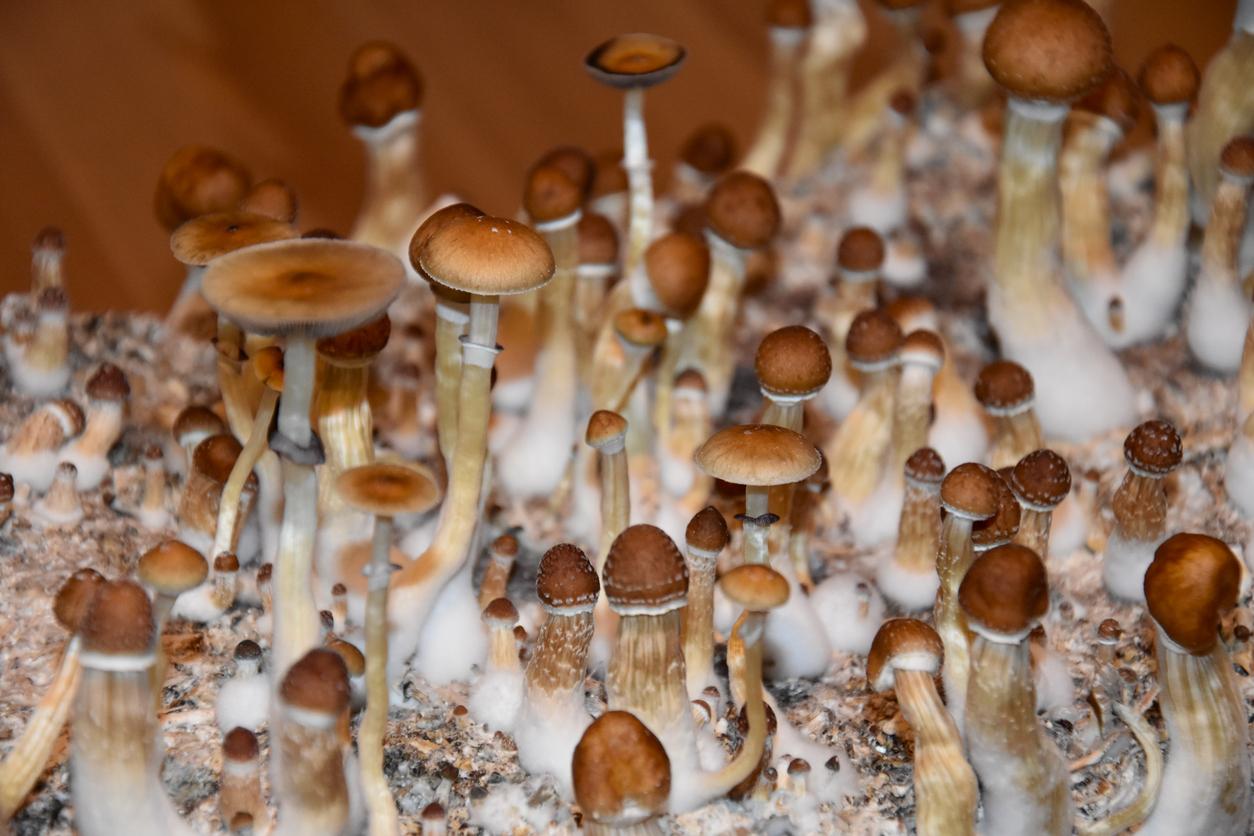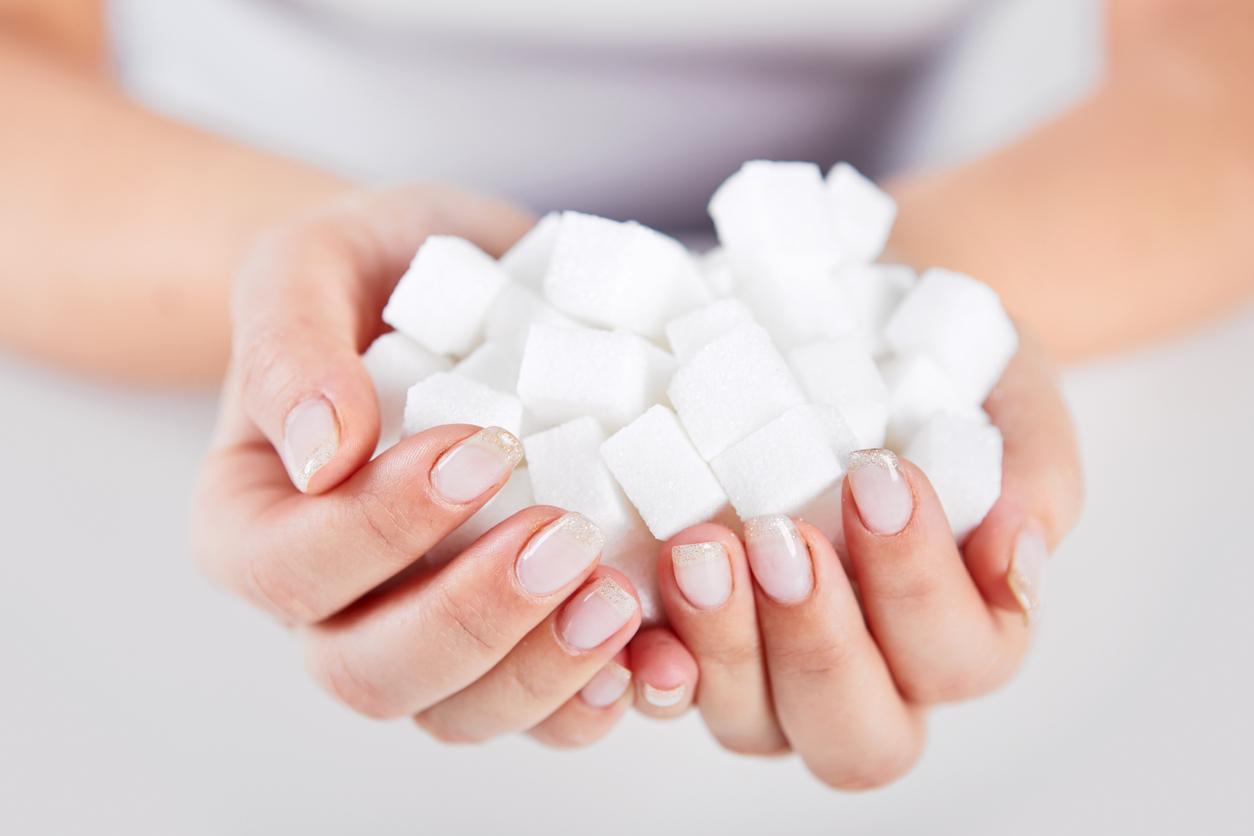Researchers from McGill (Canada), Oxford (United Kingdom) and Rutgers-Camden (United States) universities are alerting. The regular teenage cannabis users would be more likely to suffer from depression or from exhibit suicidal behavior once young adults. Even in people who did not have depressive symptoms before starting to smoke. Their research was published in the medical journal JAMA Psychiatry this Wednesday February 13.
Scientists analyzed data from 11 longitudinal studies of subjects aged 18 to 32 who smoked cannabis when they were 18 or under, on a daily or weekly basis. They also analyzed their states of depression, anxiety, dark thoughts as well as their suicide attempts. Finally, the risk of depression and suicidal behavior was found to be higher in marijuana users than in non-users.
Reduce consumption by young people
The study even suggests that this diagnosis of depression could be attributed to cannabis for about 7% of Canadians between the ages of 18 and 30, or 25,000 young people in the country. “It is a statistical association, we cannot conclude that it is the cause, precise to the site Press Dr. Gabriella Gobbi, researcher who conducted the study. But in animal studies in my laboratory, where it is easier to control all the factors, we have seen that there is [un lien] between administration of cannabis in adolescence and effects on the brain later. “
In fact, researchers find, substances found in cannabis bind in the brain to receptors involved in the regulation of emotions and mood. This explains its euphoric and relaxing effect. “But in the long term, especially after chronic consumption, we have a bit of the opposite effect, therefore an increase in the risk of depression”, says Gabriella Gobbi. But because the active substance in cannabis, THC, lasts in the body for more than a week (or even a month in some individuals), his team could not differentiate the risk associated with daily consumption of that linked to weekly use.
Dr. Gabriella Gobbi hopes these findings will prompt healthcare organizations to adopt strategies to reduce its consumption among young people. She believes that they need to be more aware of the risks associated with its use.
Read also :
- Medicinal cannabis: half of consumers prefer it to drugs
- An experiment around therapeutic cannabis by the end of 2019


















